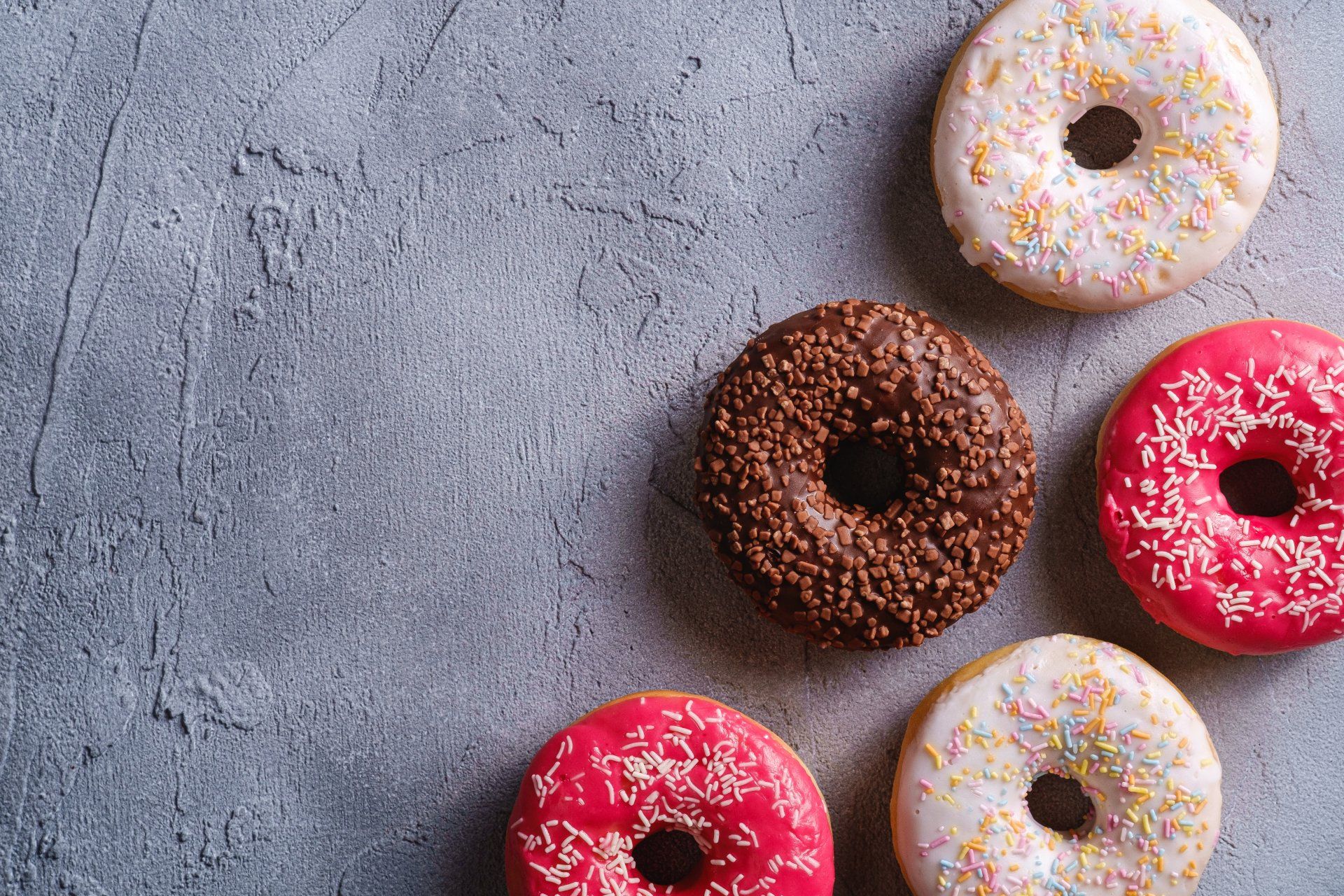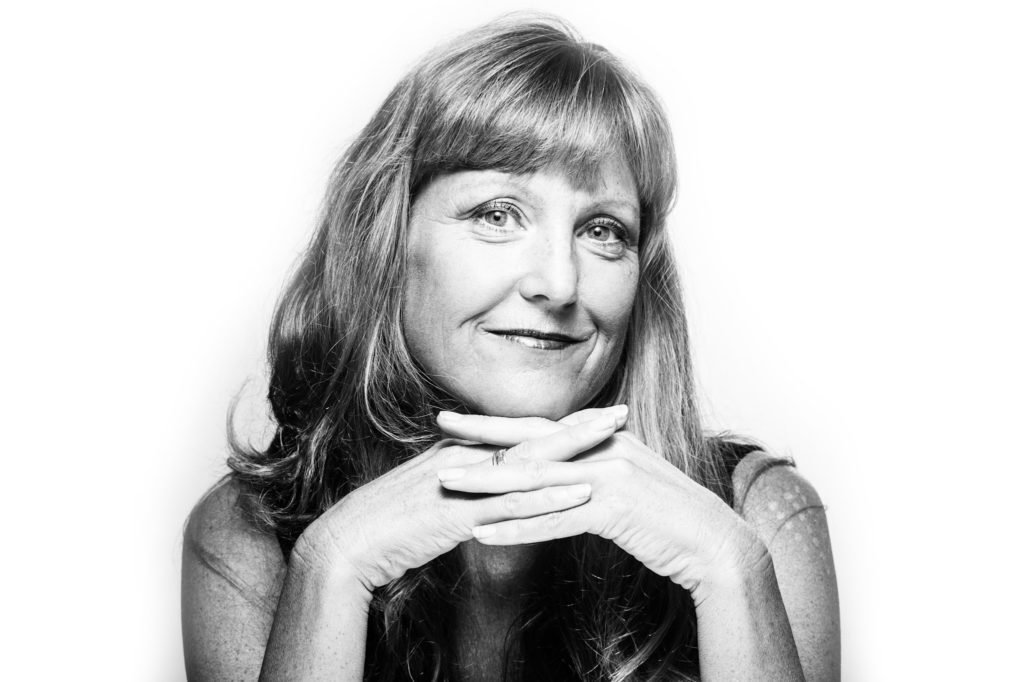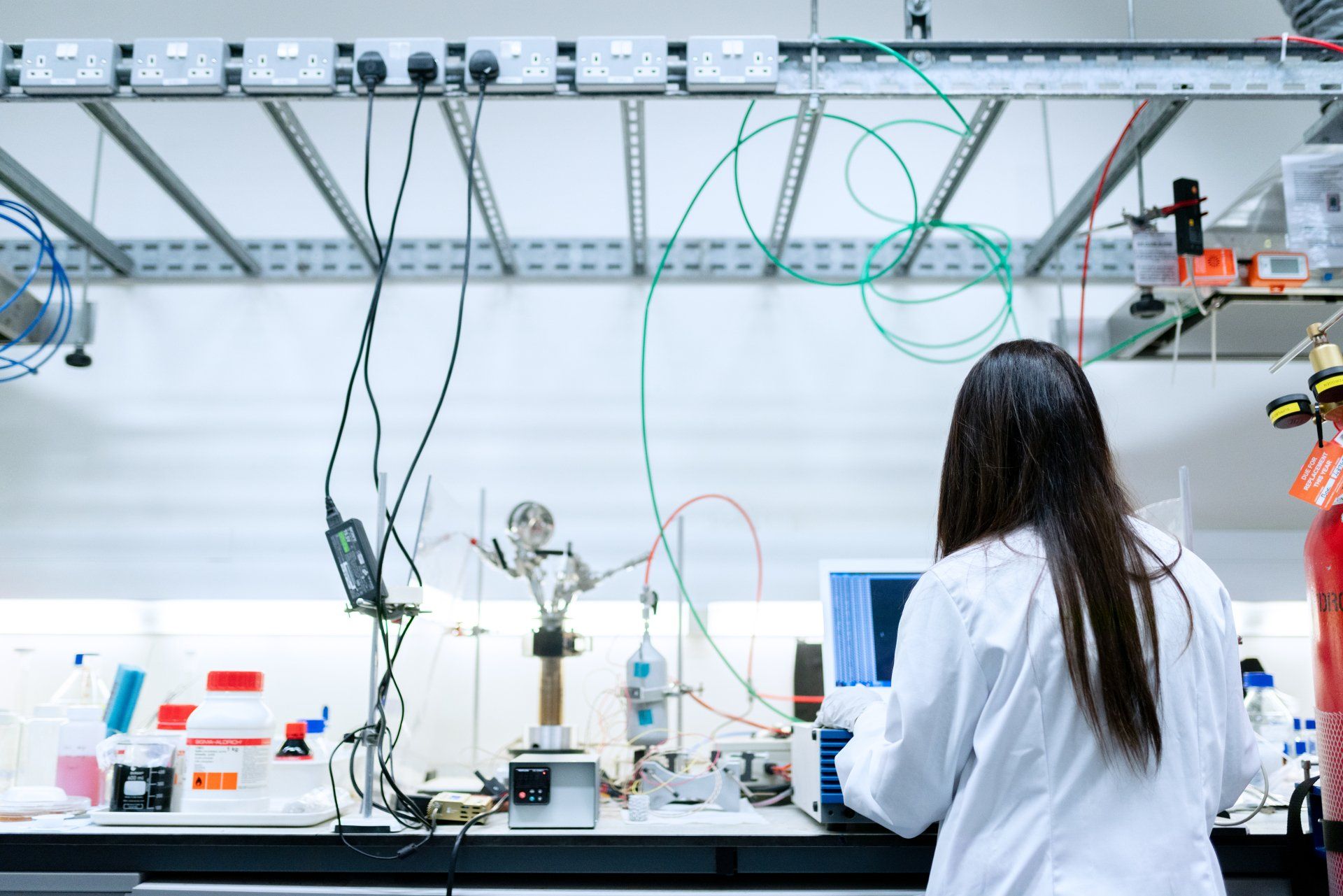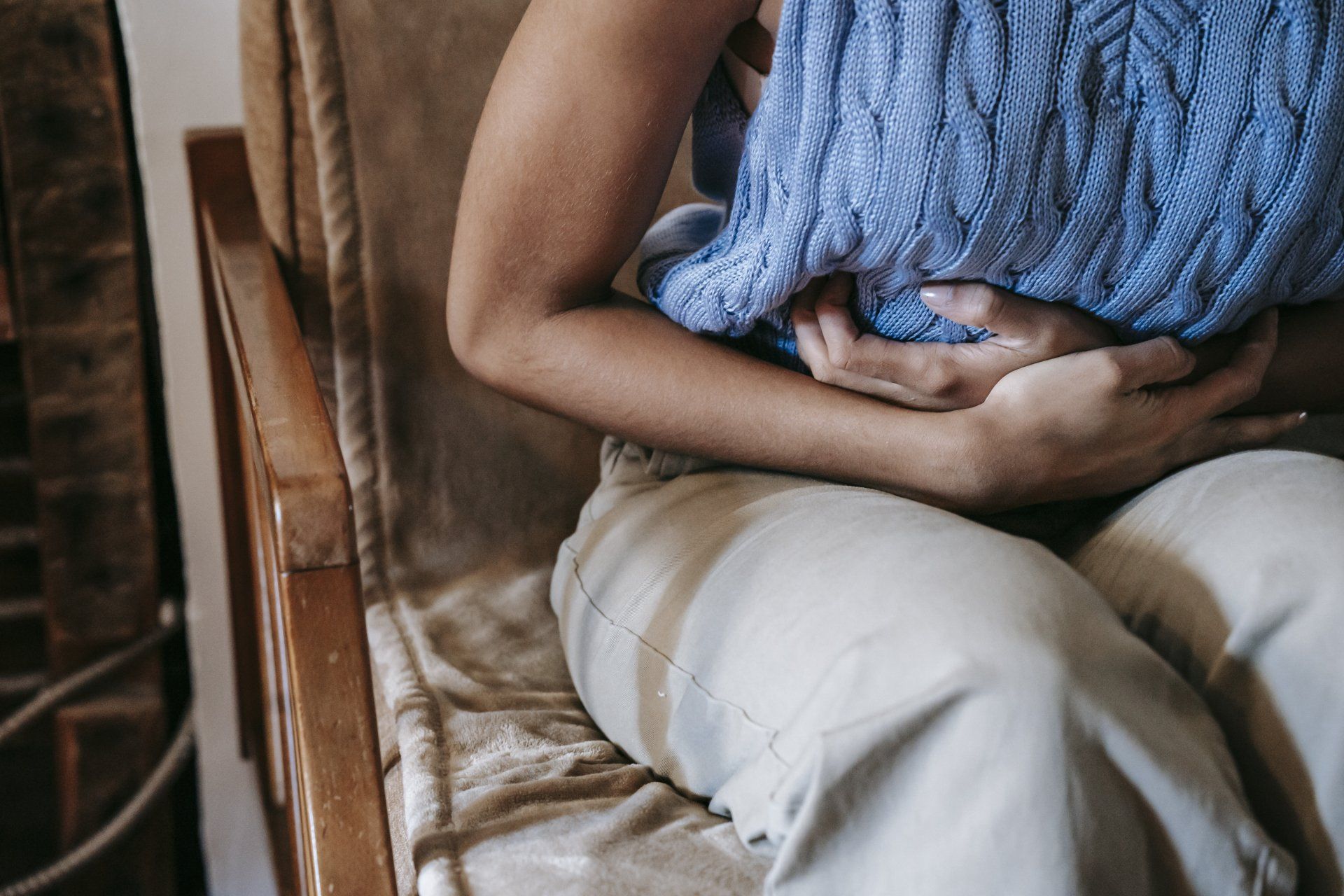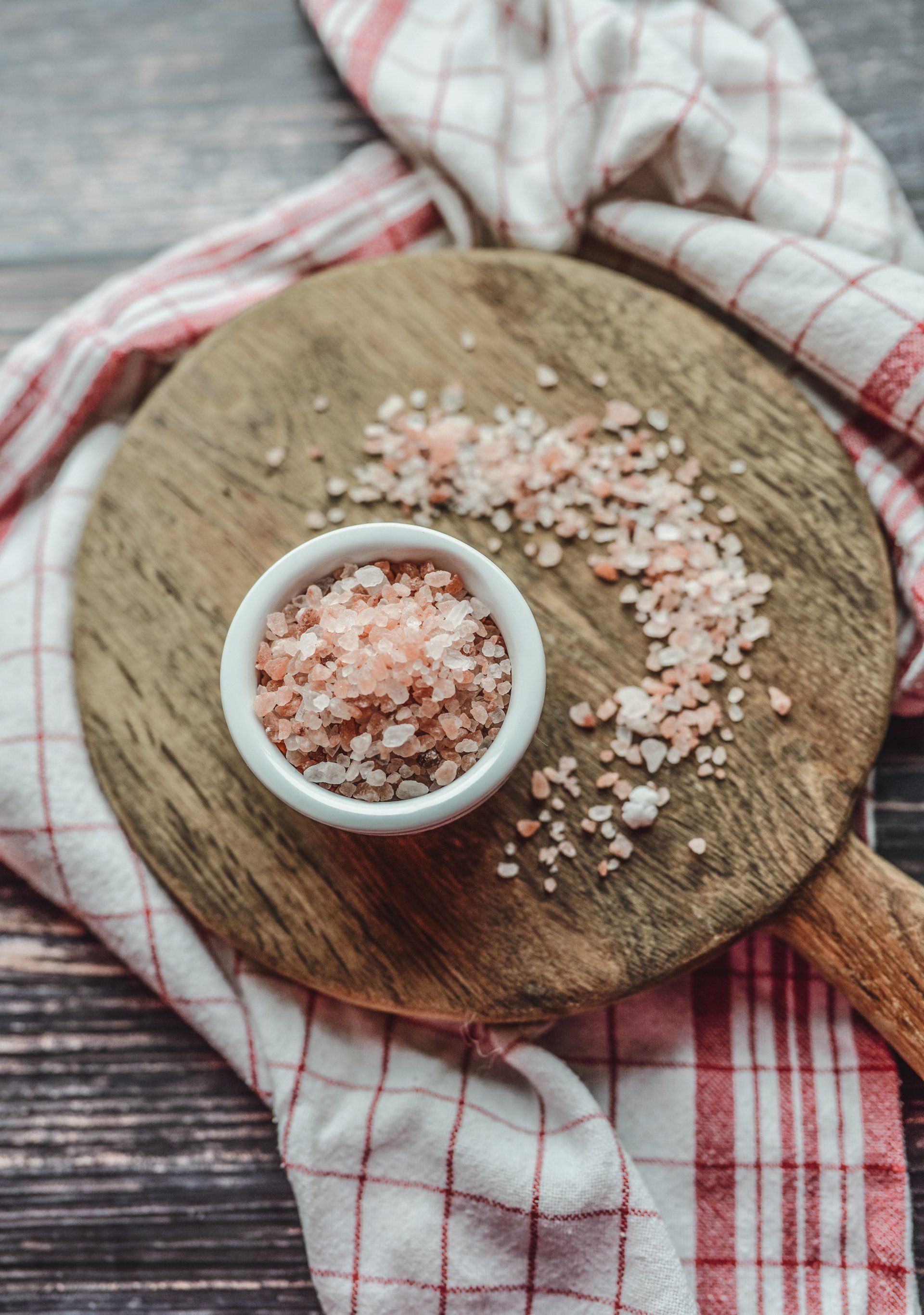Treating Colorectal Cancer With A Ketogenic Diet
Hippocrates himself said that "all disease begins in the gut.”
“The intestinal tract forms a defensive barrier from what we ingest and it prevents harmful substances from reaching the bloodstream. If this barrier is compromised and those harmful substances are able to get past, inflammation can occur.” ~ Desai
What's The Best Diet For Colorectal Cancer?
Let's take a look at what doctors, patients and the research have discovered...
Her doctor told you to eat marshmallows after her colon cancer surgery (with colostomy).
Dr. Ken Barry explains what to do if you have cancer.
A powerful story of how stress can trigger cancer and what this martial artist did about it.
She was vegetarian and then went vegan before being diagnosed with colon cancer and colostomy.
Understand the myth behind eating fiber so you don't destroy your gut lining with undigestible material.
Cancer is a metabolic disease with Dr. Thomas Seyfried
Reduce your risk of cancer by doing these four things.
The hard facts about cancer with Dr. Anthony Chaffee and Dr. Thomas Seyfried
She was young college student who sent home to die after her cancer diagnosis. Listen to her remarkable story and learn how she went on to heal thousands of other patients doing this...
How one man starved his cancer away.
There are thousands of stories just like these. I only chose a few of my favorites to share with you here on this page. I hope this blog will inspire you to learn more about the options in cancer treatment. I believe everyone has the right to be educated, so they can make truly informed decisions about their health.
Every person has the right to choose his or her path of cancer treatment. This journey is very personal and should be made only after the careful consideration of their health care team, their doctors recommendations, the available data, and a review of the scientific literature so that each person can make truly informed decisions about their health.
It is wonderful that we have access to so many tools–but this can also be overwhelming for people faced with colorectal cancer when it comes to knowing what is best for them.
While surgeons and oncologists are skilled at removing cancer tumors, performing bowel surgery and administering chemotherapy and radiation, it is widely accepted that they do not understand the science of nutrition and have very little if any training of knowledge of it. One of the most disturbing things I witness in the work that I do, is the sheer lack of awareness about nutrition that medical doctors have.
I have heard doctors tell their patients to eat “coconut cookies and marshmallows” for their ulcerative colitis, and colon cancer, post hospital treatment and surgery. I am flabbergasted by this to say the least. I am truly grateful for the skill that surgeons, oncologists and gastroenterologists have. However, I often do not align on their dietary suggestions–because frankly--they are not based on science or experience.
Recently, it was recommended to my client to eat NO fat, very little animal protein, and lots of fiber (from plants) the day after the removal of a rectal tumor, as to "not to disrupt the stitches" inside the colon. A “normal” diet was recommended following the recovery period. Furthermore they said they didn’t think the ketogenic diet "caused the colorectal tumor". Wait, what?! A diet that my client had been eating for 6 weeks (over the course of his lifetime) wasn’t the cause?
First off, let’s be clear, tumors take 5-10 years to develop. Secondly, fiber is like a scrub brush going through the gut. Fiber is impossible to digest and cannot be broken down by the human digestive tract. Wouldn’t fiber be more disturbing to a wound inside the colon than a soft liquid called dietary fat? Or what about a fully digestible form of animal protein such as red meat? What am I missing here? Thirdly, the body requires protein to heal and repair broken and damaged tissues and to maintain muscle mass while laying in bed after surgery. Why would you restrict protein at a time when it is needed the very most? I am often baffled by the dietary recommendations of surgeons and doctors.
Lastly, why would anyone recommend eating your “normal” diet after bowel surgery? Isn’t that the very thing that caused the problem in the first place? What is a “normal” diet anyway? This is incredibly frustrating to hear when seeking advice about nutrition and the prevention of disease. Most people ARE eating a "normal" diet and that normal diet is not a healthy diet.
Doing the same thing and expecting a different result is the definition of insanity.
We know that approximately 4.1 percent of men and women will be diagnosed with colorectal cancer at some point during their lifetime, based on 2017–2019 data and there was an estimated 1,369,005 people living with colorectal cancer in the United States at that time. (1)
It is well documented in the medical literature that disruption of intestinal barrier integrity has profound pathophysiological consequences and there is an emerging recognition of the contribution of the “leaky gut” and intestinal hyper permeability to human disease. (2,3,4,5,6) It has been shown that gut permeability produces tumor-like polyps. (18)
Preliminary data demonstrates that an insulin-inhibiting diet, such as a ketogenic diet or a paleo-ketogenic diet, is safe and feasible in selected patients with advanced cancers of various types. The extent of ketosis, correlated with stabilization of the disease. (7)
Aggressive cancers often demonstrate a positive positron emission tomographic (PET) result using 18F-2-fluoro-2-deoxyglucose (FDG), reflecting a glycolytic phenotype. Inhibiting insulin secretion provides a method, consistent with published mechanisms, for limiting cancer growth. (8)
Even though Nobel Prize winner Dr. Otto Warburg first proposed that all cancers originate from dysfunctional cellular respiration, and he demonstrated that cancer cells utilize the fermentation of sugar (9, 16), there continues to be very little published evidence for metabolic therapies in the treatment of cancer because these studies are not funded, due to the fact that there is no profit motive to doing so. Let's face it, big pharma does not make money off of dietary solutions.
Warburg stated, “there is only one common cause into which all other causes of cancer merge, the irreversible injuring of respiration.”
Warburg viewed the aerobic production of lactate in tumor cells as an indicator of respiratory insufficiency and stated that cancer was a metabolic disease.(11,14) Increased aerobic glycolysis seen in cancer cells is known as the ‘Warburg effect.”
Today, there remains a lack of evidence that cancer patients receive statically significant benefits from cancer drugs (overall median survival of 3.1 months after the administration of cancer drugs and radiation). (15) Yet, strangely, these remain the "gold standard" of cancer care even though there remains
no evidence that the Cancer Drug Fund has delivered meaningful value to cancer patients through the treatment of pharmaceuticals. (10)
Fortunately, there are many doctors, researchers and scientists who are putting forth independent studies, because they have seen the remarkable results of what can be achieved with metabolic therapies for cancer in their own medical practices. (12)
Here is one such case study of a patient with colorectal cancer who was treated with a paleo-ketogenic diet (17) presented by Dr. Sophia Clemens, in Budapest, Hungary (Paleomedicina).
Here are more case studies from Paleomedicina about the stand-alone treatment of cancer using a paleo-ketogenic diet.
This information is presented here on this page for educational purposes, to help support you in making informed decisions about your health. As Dr. Nasha Winters said, NOBODY can do this for you! YOU need to educate yourself and YOU need to feel good about your treatment choices. You need to know all of the options available and it is crucial that you believe that you are doing what is right for you. Not your doctor or your partner or your family can make something feel right for you!
Check in with yourself after you gather ALL of the information you possibly can and then get quiet and see what resonates most with you.
Question everything. Your doctor should be educating you and informing you of your choices, treatments, side effects, pros and cons...
Consider all of your options before making a choice about how to move forward with your cancer treatment.
References:
- https://seer.cancer.gov/statfacts/html/colorect.html
- Fasano A (2011) Zonulin and its regulation of intestinal barrier function: the biological door to inflammation, autoimmunity, and cancer. Physiol Rev 91: 151–175.
- Marchiando AM, Graham WV, Turner JR (2010) Epithelial barriers in homeostasis and disease. Annu Rev Pathol 5: 119–144.
- Turner JR (2009) Intestinal mucosal barrier function in health and disease. Nature reviews Immunology 9: 799–809.
- Fasano A, Shea-Donohue T (2005) Mechanisms of disease: the role of intestinal barrier function in the pathogenesis of gastrointestinal autoimmune diseases. Nat Clin Pract Gastroenterol Hepatol 2
- Fink MP (1990) Leaky gut hypothesis: a historical perspective. Critical care medicine 18: 579–580.
- http://pubs.sciepub.com/ajmcr/5/8/3
- https://www.sciencedirect.com/science/article/abs/pii/S0899900712001864?via%3Dihub
- https://www.ncbi.nlm.nih.gov/pmc/articles/PMC2140820/pdf/519.pdf
- https://www.ncbi.nlm.nih.gov/pmc/articles/PMC5834015/
- https://www.ncbi.nlm.nih.gov/pmc/articles/PMC3941741/
- https://www.paleomedicina.com/en/paleolithic_ketogenic_diet_as_a_stand_alone_therapy_in_cancer
- (https://www.paleomedicina.com/en/paleolithic_ketogenic_diet_as_a_stand_alone_therapy_in_cancer
- https://www.ncbi.nlm.nih.gov/pmc/articles/PMC3941741/
- https://pubmed.ncbi.nlm.nih.gov/12654443/
- https://einstein.pure.elsevier.com/en/publications/carbohydrate-restriction-in-patients-with-advanced-cancer-a-proto-2
- http://pubs.sciepub.com/ajmcr/5/8/3
- https://www.researchgate.net/publication/12872402_Increased_tight_junctional_permeability_is_associated_with_the_development_of_colon_cancer
Further Resources:
Tóth C, Clemens Z. Halted progression of soft palate cancer in a patient treated with the paleolithic ketogenic diet alone: A 20-months Follow-up. Am J Med Case Rep 2016; 4: 288-292
Chadwick VS, Phillips SF, Hofmann AF. Measurements of intestinal permeability using low molecular weight polyethylene glycols (PEG 400). I. Chemical analysis and biological properties of PEG 400. Gastroenterology 1977; 73: 241–6.
Glimelius B. Neo-adjuvant radiotherapy in rectal cancer. World J Gastroenterol 2013; 19: 8489-8501
Marijnen CA, Nagtegaal ID, Kapiteijn E et al. Cooperative investigators of the Dutch Colerectal Cancer Group. Radiotherapy does not compensate for positive resection margins in rectal cancer patients: report of a multicenter randomized trial. Int J Radiat Oncol Biol Phys 2003; 55: 1311-20
Kossoff EH. International consensus statement on clinical implementation of the ketogenic diet: agreement, flexibility, and controversy. Epilepsia 2008; 49 Suppl 8: 11-3
Seyfried TN. Case Studies and Personal Experiences in Using the Ketogenic Diet for Cancer Management, in Cancer as a Metabolic Disease: On the Origin, Management and Prevention of Cancer, John Wiley & Sons, Inc., Hoboken, NJ, USA. 2012.
Wessling-Resnick M. Iron Homeostasis and the Inflammatory Response. Annual review of nutrition. 2010;30:105-122.
Toiyama Y, Inoue Y, Saigusa S, Kawamura M, Kawamoto A, Okugawa Y, Hiro J, Tanaka K, Mohri Y, Kusunoki M. C-reactive protein as predictor of recurrence in patients with rectal cancer undergoing chemoradiotherapy followed by surgery. Anticancer Res. 2013 Nov;33(11):5065-74.
Hamilton W, Lancashire R, Sharp D, Peters TJ, Cheng KK, Marshall T. The importance of anaemia in diagnosing colorectal cancer: a case–control study using electronic primary care records. British Journal of Cancer. 2008;98(2):323-327.
Warburg O. "On the Origin of Cancer Cells". Science 1956; 123: 309-14
Soler AP, Miller RD, Laughlin KV et al. Increased tight junctional permeability is associated with the development of colon cancer. Carcinogenesis 1999; 20: 1425-31
Lin JE, Snook AE, Li P et al. GUCY2C Opposes Systemic Genotoxic Tumorigenesis by Regulating AKT-Dependent Intestinal Barrier Integrity. PLoS ONE 2012; 7: 2, e31686
Start Producing Ketones In 5 Days
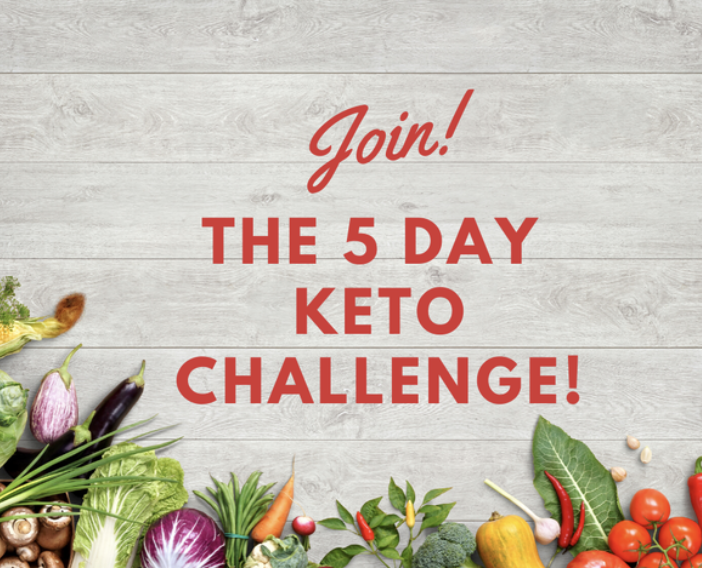
Contact Us
Connect with me on social media...
Linkedin: www.linkedin.com/in/mary-beauchamp-rn
FB Page: https://www.facebook.com/ketogenicdietcoach
YouTube Channel: http://www.youtube.com/c/MaryBeauchampRN
Instagram: https://www.instagram.com/ketogenicdietcoach/
Twitter:
https://twitter.com/ketodietcoach
Mary Beauchamp
Best Selling Author
Registered Nurse
Ketogenic Diet Specialist
GAPS™Certified Practitioner
(Gut and Psychology Syndrome)
Mary Beauchamp’s deepest intention is to set people free. Her mission is to make people aware and conscious so that with that awareness, they can begin to heal and live deeply meaningful, integrated and empowered lives.
Drawing from her experiences growing up on a farm, raising her four children and traveling the world, her work provides a road map for health transformation through unlocking the body’s innate intelligence to heal and thrive.
Mary works with a team of Naturopathic doctors. She offers coaching programs, and retreats. You can learn more about her work by visiting her website, www.ketogenicdietcoach.com. Mary is passionate about re-educating people about nutrition. She invites you to experience your body as a master communication system and facilitates this sacred encounter within.

